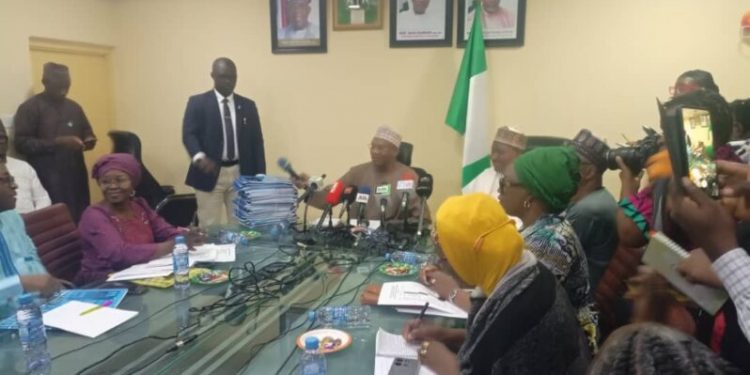Big changes are coming to Nigeria’s education system! The Honourable Minister of Education, Prof. Tahir Mamman, has unveiled a groundbreaking roadmap aimed at transforming the country’s basic education curriculum. Starting in January 2025, 15 new trades will be introduced, equipping students with practical skills needed to thrive in a rapidly evolving global economy.
The new trades focus on employability and hands-on learning, covering essential areas like Digital Literacy, Plumbing, Solar Installation, Garment Making, and more. Students will be able to explore 1-2 trades, preparing them for job opportunities that contribute directly to Nigeria’s economic growth.
Here’s a breakdown of the 15 trades being added to the curriculum:
1. Plumbing
2. Tiling and Floor Works
3. POP Installation
4. Event Decoration and Management
5. Bakery and Confectioneries
6. Hairstyling
7. Makeup
8. Interior Design
9. GSM Repairs
10. Satellite/TV Antenna Installation
11. CCTV, Intercom Installation, and Maintenance
12. Solar Installation and Maintenance
13. Garment Making
14. Agriculture and Processing (including crop production, beekeeping, horticulture, and livestock farming)
15. Basic Digital Literacy (IT and Robotics)
This comprehensive update aims to bridge the gap between academic learning and practical skills, positioning Nigeria’s students for success in both local and international job markets. Teacher training, curriculum development, and infrastructure improvements are already underway to support this ambitious plan.
Permanent Secretary of the Ministry, Dr. Nasir Sani-Gwarzo, applauded the Nigerian Educational Research and Development Council (NERDC) for fast-tracking the curriculum review, despite challenges. Meanwhile, Dr. Margret Lawani, Acting Executive Secretary of NERDC, emphasized that the curriculum will integrate over 20 occupational subjects tailored to regional and economic needs, ensuring students are equipped with skills for future industries.
With this initiative, Nigeria is preparing the next generation to not only excel academically but also develop the practical expertise needed to drive the nation’s economic growth. This reform marks a pivotal moment in Nigeria’s commitment to modernize its education system for the 21st century.










